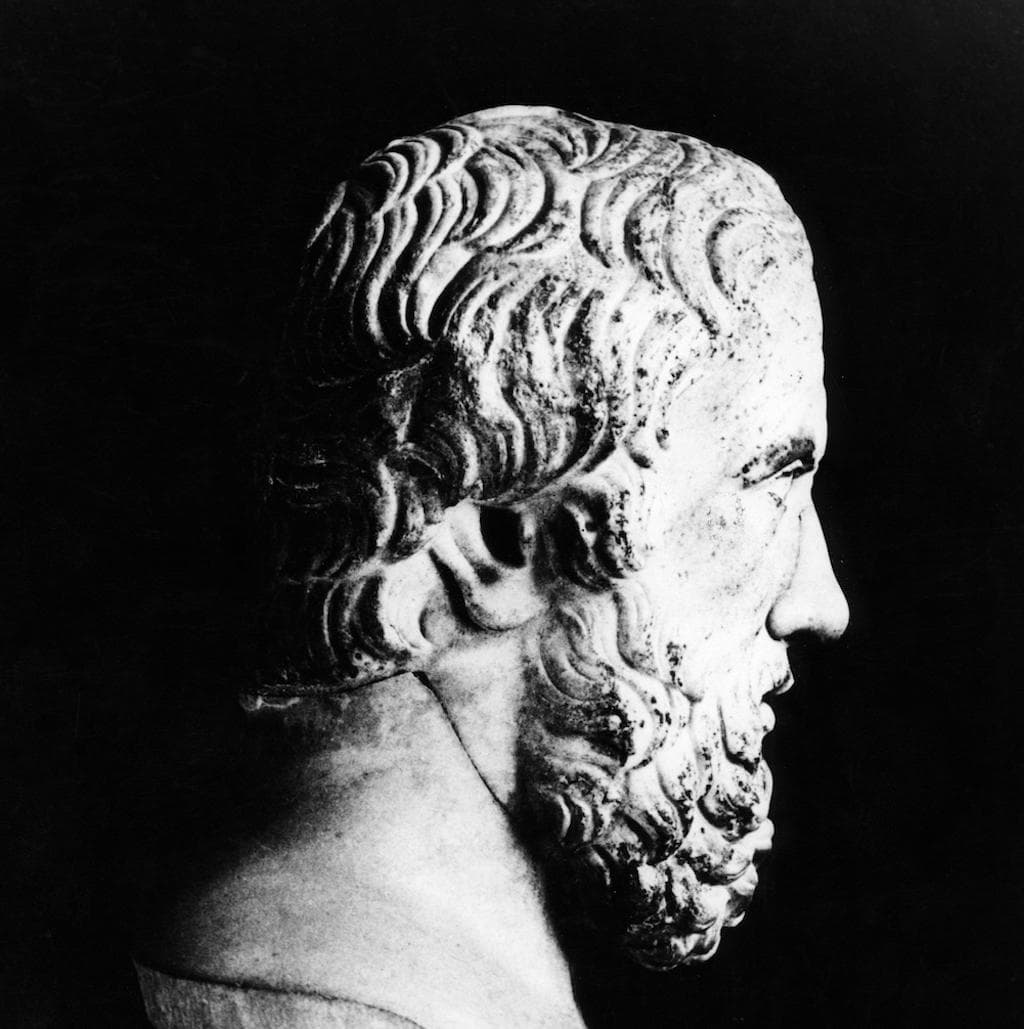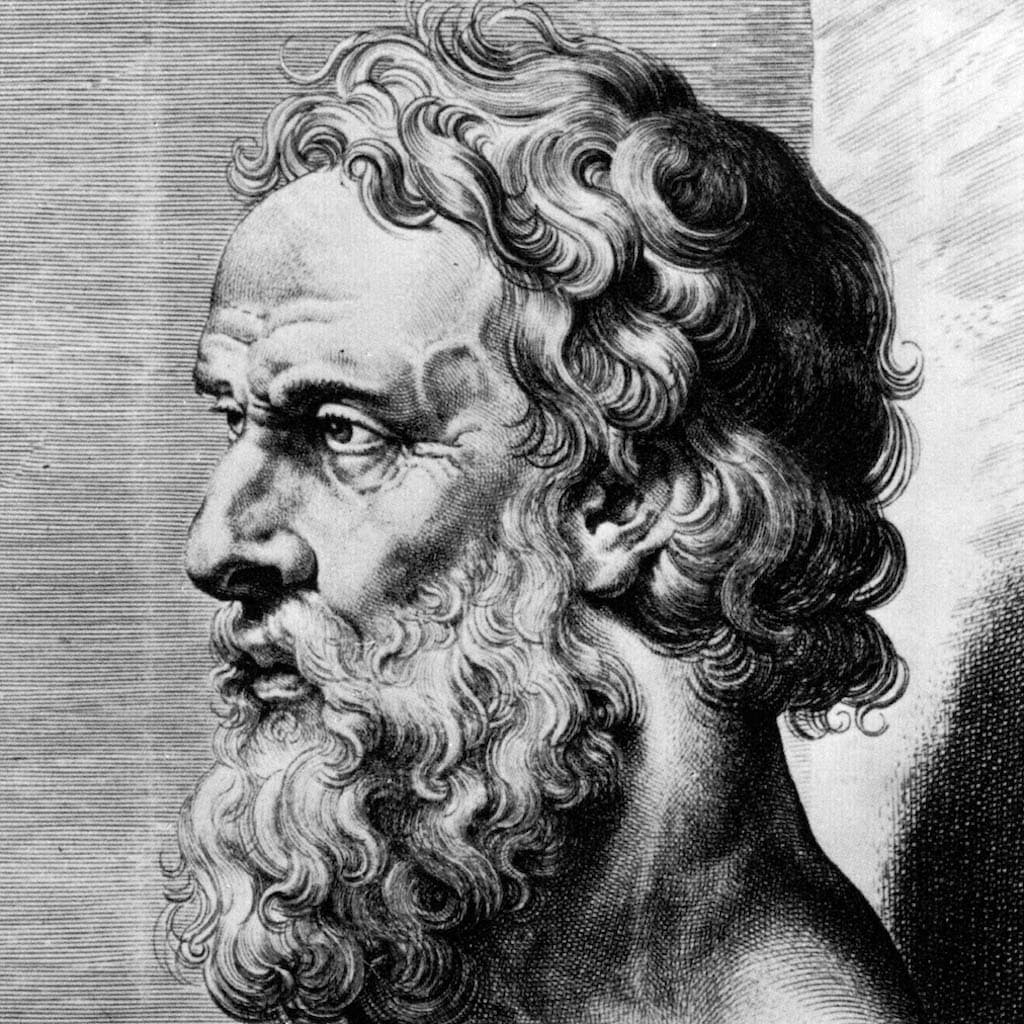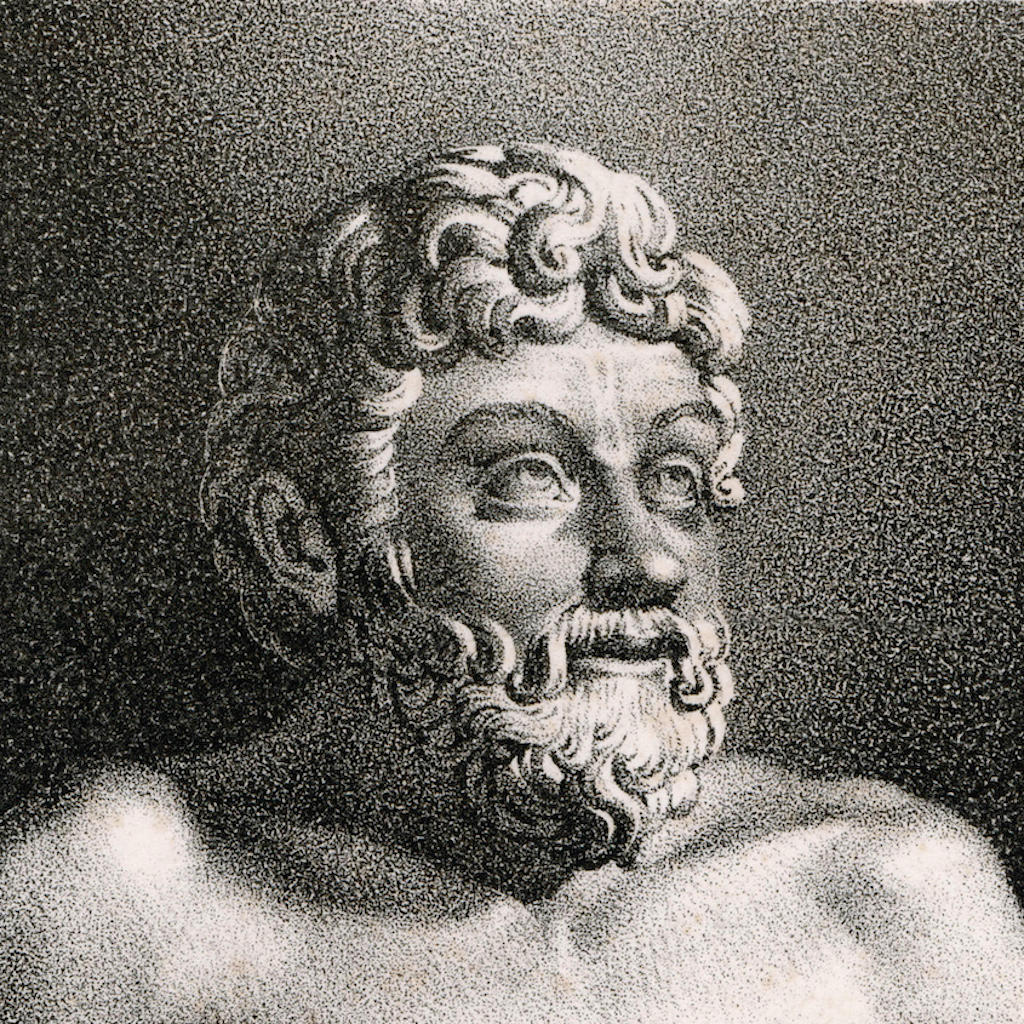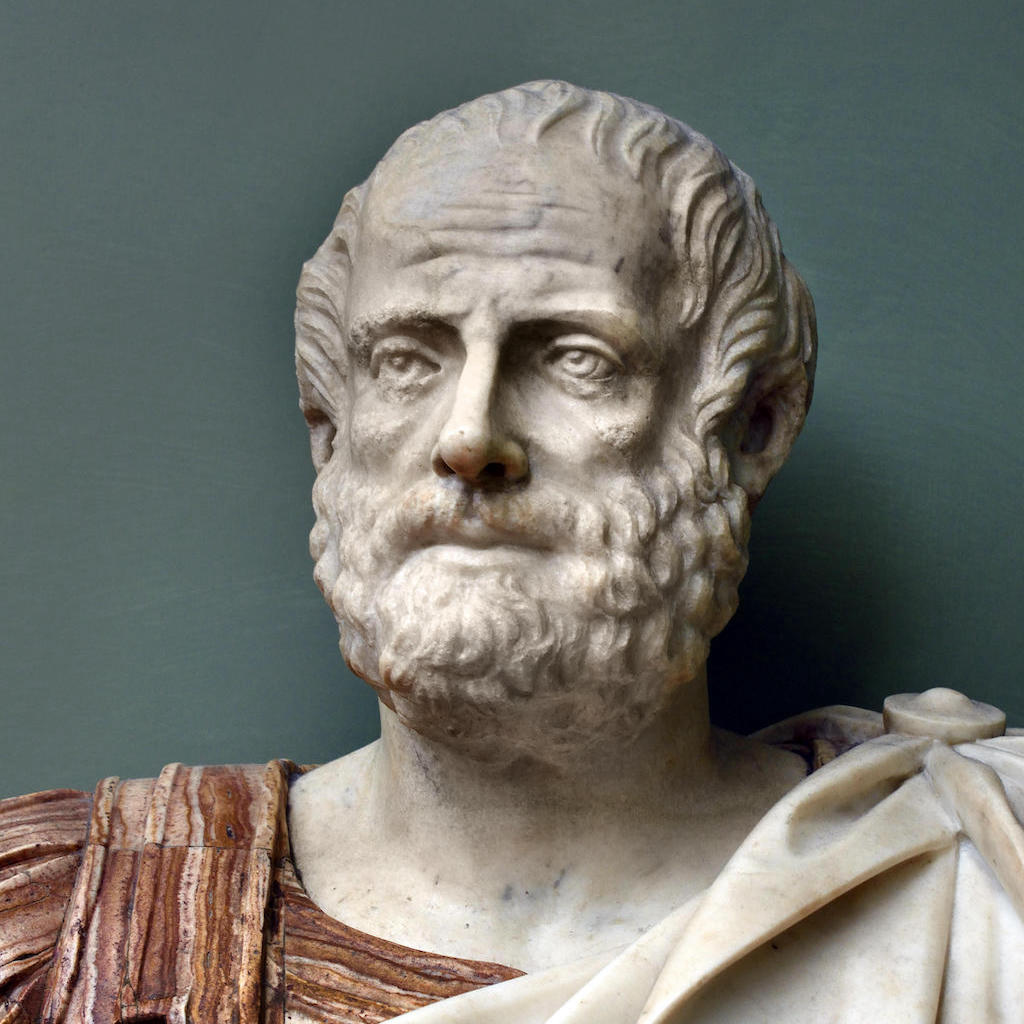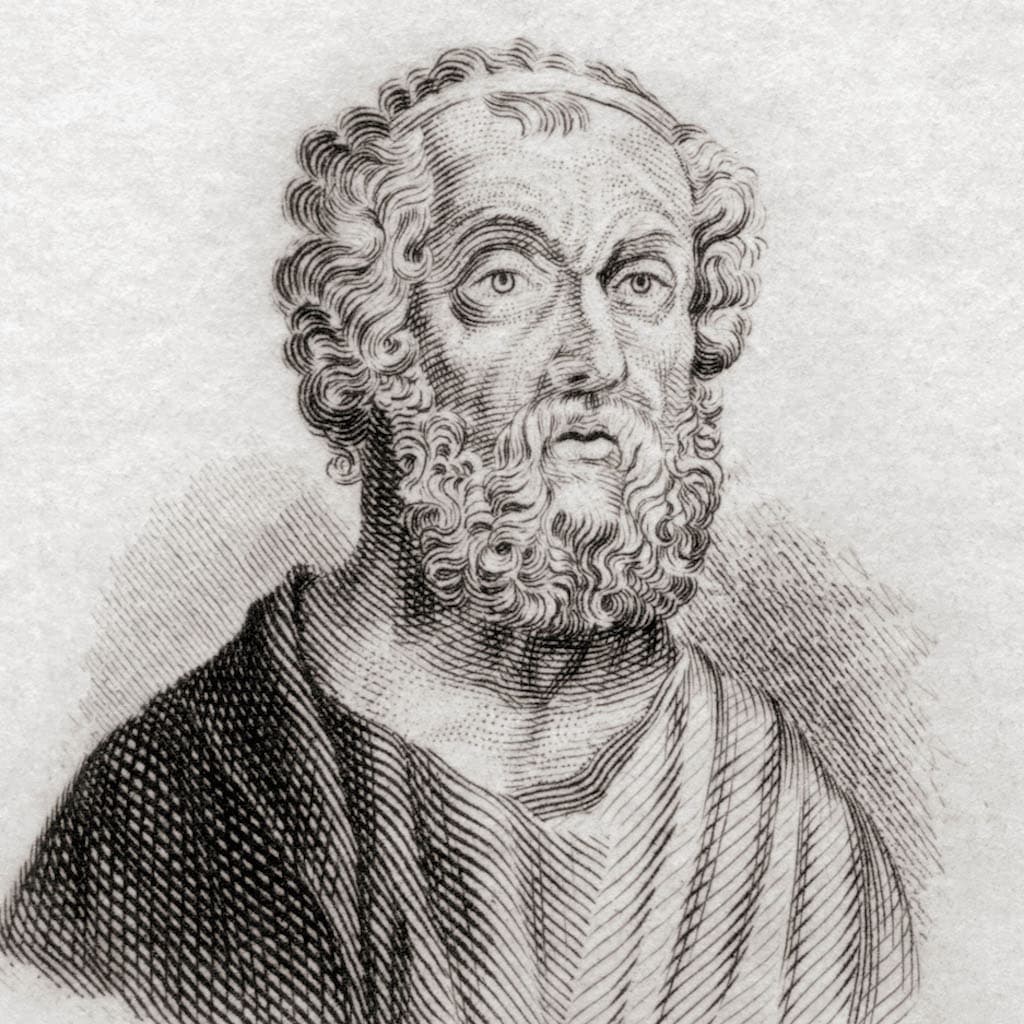BLOG POSTS
Nationality: Greek
Herodotus
Herodotus (c.484 BC -c.420 BC) is often called the “Father of History,” and is the earliest, and one of the greatest of the ancient Greek prose writers. In most instances, his account is the only substantial one that survives of many key historical events.
Plato
Plato (c. 428 B.C.-348 B.C.?) stands at the centre of philosophical thought in the ancient world, being the first person to approach philosophical issues systematically. Virtually every philosopher who came after Plato in antiquity was responding, either favorably or unfavorably, to what he had written. Plato’s thought was studied throughout the Middle Ages and the Renaissance, and holds a significant position in the history of Western philosophy.
Aesop
Aesop lived approximately 620-564 B.C. and his fables have been in print in English since 1484. Although now considered as children’s stories, they are believed to have been written as thinly disguised social and political criticisms. Whatever their origins, the stories and their morals are very familiar to readers of all ages.
Aristotle
Aristotle (384-322BC) is the philosopher who has most influence on the development of western culture, writing on a wide variety of subjects including the natural sciences as well as the more strictly philosophical topics of logic, metaphysics and ethics.
Homer
The two earliest surviving poetic works of ancient Greece, the ‘Iliad’ and the ‘Odyssey’ are attributed to ‘Homer’, but it seems likely that no such individual existed, the works being developed over an extended period of time until they achieved their final form in the 6th century BC. Whatever their origins, these epic poems were a major influence in the development of Greek culture.
